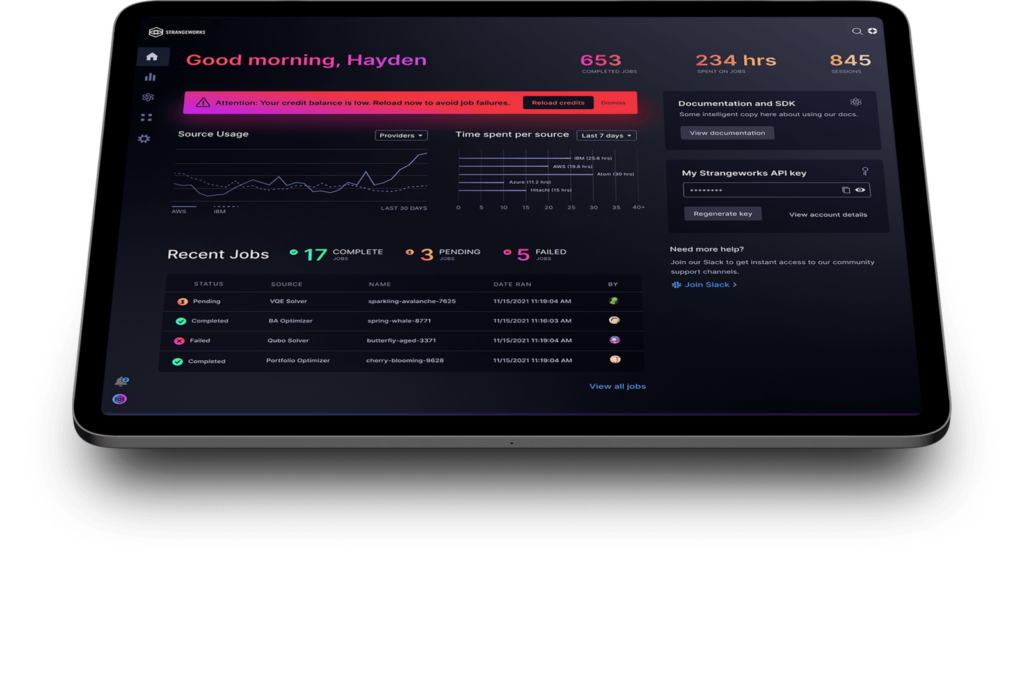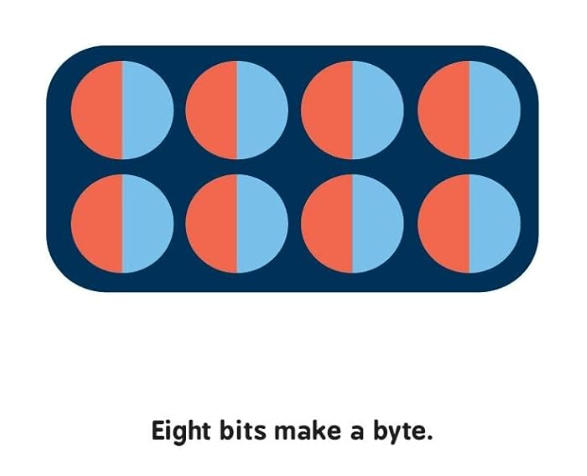Looking forward to Humanizing Software tomorrow as one of Austin’s most interesting entrepreneurs, Whurley, will be joining Andrew Tull on the air. William Hurley, known as Whurley, endeavors to simplify abstract concepts to such a degree that he’s teaching babies about quantum computing.
Quantum computers are expected to perform such tasks 150 million times faster than today’s conventional computers and once this technology gains widespread adoption, it will make a significant portion of our digital infrastructure obsolete. In the sense that we’re today wrestling with the implications of AI doing much of the same, making jobs and platforms obsolete, one of the most important questions we should ask of making software relatable is what it means for all of us in the not-so-distant future. In this case, from personal banking passwords to encrypted national security data, quantum computers will accelerate how we tackle optimization problems, sifting through billions of possibilities to find optimal solutions at a pace we can barely conceive of today.
Instead of adhering to the binary digit model (a zero or one), quantum computers employ qubits (quantum bits), enabling them to handle immensely more complex calculations by simultaneously considering exponentially more possibilities. Importantly, qubits aren’t digital; they are tangible objects, typically a single electron. “You take this electron; you either suspend it with lasers, or maybe you cool it down [so it’s stable], and then you manipulate it with microwave pulses, so you can rotate it on the W, Y, Z, or the H axis.”
Sizeable quantum computers harness a few hundred electrons and leverage entanglement, a mind-boggling phenomenon in physics that has been used to successfully teleport matter.
In March, Whurley’s work with quantum computing put $24M to work in the company he founded, Strangeworks, with investment from companies and venture capital firms – Hitachi Ventures, IBM, and Raytheon Technologies, and follow-on investment from seed investors GreatPoint Ventures, Lightspeed Venture Partners, and Ecliptic Capital.

Strangeworks doesn’t host the quantum computers with which it works, it has established a virtual network that connects users to quantum machines worldwide. Their online portal grants access to over 90 such computers, encompassing nearly every quantum machine on the planet. IBM alone has around 40, and Strangeworks is the sole portal facilitating developer access. The industry’s value is already estimated at approximately $800 million, with expectations to surpass $5 billion by 2030. Time magazine dedicated its February 2023 cover to quantum computing.
Whurley believes that these machines, utilizing physical matter to emulate the real world rather than simulating digital information, will be instrumental in maximizing the benefits of artificial intelligence. He has shared many of the same concerns about AI’s potential dangers that are often discussed; however, he offers a more optimistic perspective, envisioning quantum computing and AI as essential tools for addressing a range of critical global challenges, including food scarcity, diseases, and climate change—a cause that holds particular significance for him. He is confident that these problems have solutions, and technology will play a pivotal role in discovering them.
It was the revolutionary potential of quantum computing that initially captivated Whurley in 2016 “I wished, when I was younger, I could have been there when Jack Kilby invented the integrated circuit or Bob Metcalf created Ethernet. I saw quantum computing as the future of science fiction unfolding in the present.”

Leading the way to Strangeworks, in 2018, Whurley really did take a stab at teaching babies quantum computing. Quantum Computing for Babies is a colorfully simple introduction to the magical world of quantum computers. Babies (and, more likely, grownups) discover the difference between bits and qubits and how quantum computers will change our future with a tongue-in-cheek approach that makes this Baby University board book a great way to humanize what is among the most innovative of technologies to help us all become a little bit more of a quantum physicist.

don’t forget the follow on to babies is now available…
http://strange.boo/dummies-book
Pingback: Startups for Babies - Tailwind